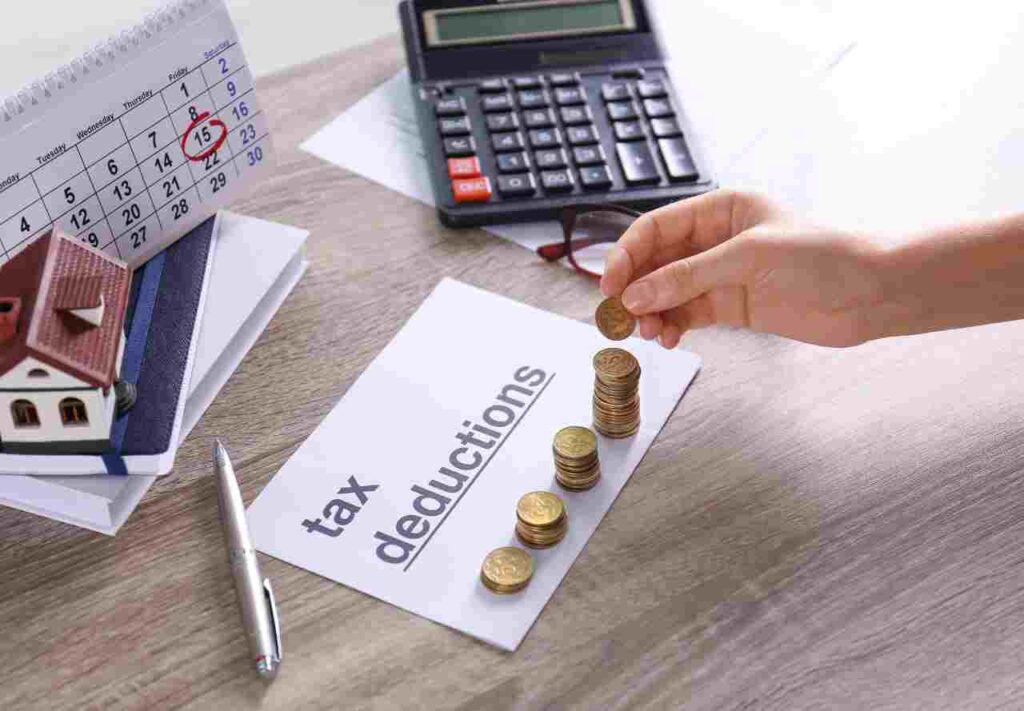Form 13 is an application for a Certificate of Lower Deduction or No Deduction of tax at source. It is filed under Section 197 of the Income Tax Act, 1961 in India. This certificate is sought by individuals or entities who believe that the tax deducted at source (TDS) on their income will be lower than the amount calculated as per the provisions of the Income Tax Act.
Here’s a breakdown of key points related to Form 13:
- Purpose: The primary purpose of Form 13 is to request the income tax department to issue a certificate allowing lower TDS deduction or no deduction of TDS on income. This is typically done when the taxpayer anticipates that the actual tax liability will be lower than the TDS that would be deducted by the payer.
- Eligibility: Any taxpayer, whether an individual or an entity, can apply for a lower deduction or no deduction certificate if they meet the conditions specified by the income tax authorities.
- Conditions for Application: The applicant needs to provide reasons for seeking lower TDS deduction along with supporting documents to substantiate their claim. The income tax department evaluates the application based on these reasons and documents provided.
- Submission: Form 13 needs to be submitted to the Income Tax Assessing Officer having jurisdiction over the taxpayer’s case. It can also be filed online through the income tax department’s e-filing portal.
- Validity: Once issued, the Certificate of Lower Deduction or No Deduction of TDS is valid for the period mentioned in the certificate, unless it is canceled or revised earlier.
- Revision and Cancellation: In case of any change in circumstances or information provided in the application, the taxpayer can apply for a revision of the certificate. Similarly, if the income tax department finds any discrepancies or inaccuracies in the information provided, they have the authority to cancel or revise the certificate.
- Consequences of Non-compliance: If the taxpayer fails to deduct TDS or deducts TDS at a rate higher than prescribed without a valid certificate, they may attract penalties and interest as per the provisions of the Income Tax Act.
It’s essential to understand that the issuance of a Certificate of Lower Deduction or No Deduction of TDS depends on various factors, including the taxpayer’s income, nature of income, tax liability, and compliance history. Consulting with a tax advisor or chartered accountant can provide specific guidance tailored to individual situations. If You are looking for any assistance in issuance of Lower TDS certificate for NRI, you can contact us at ebex consulting.


